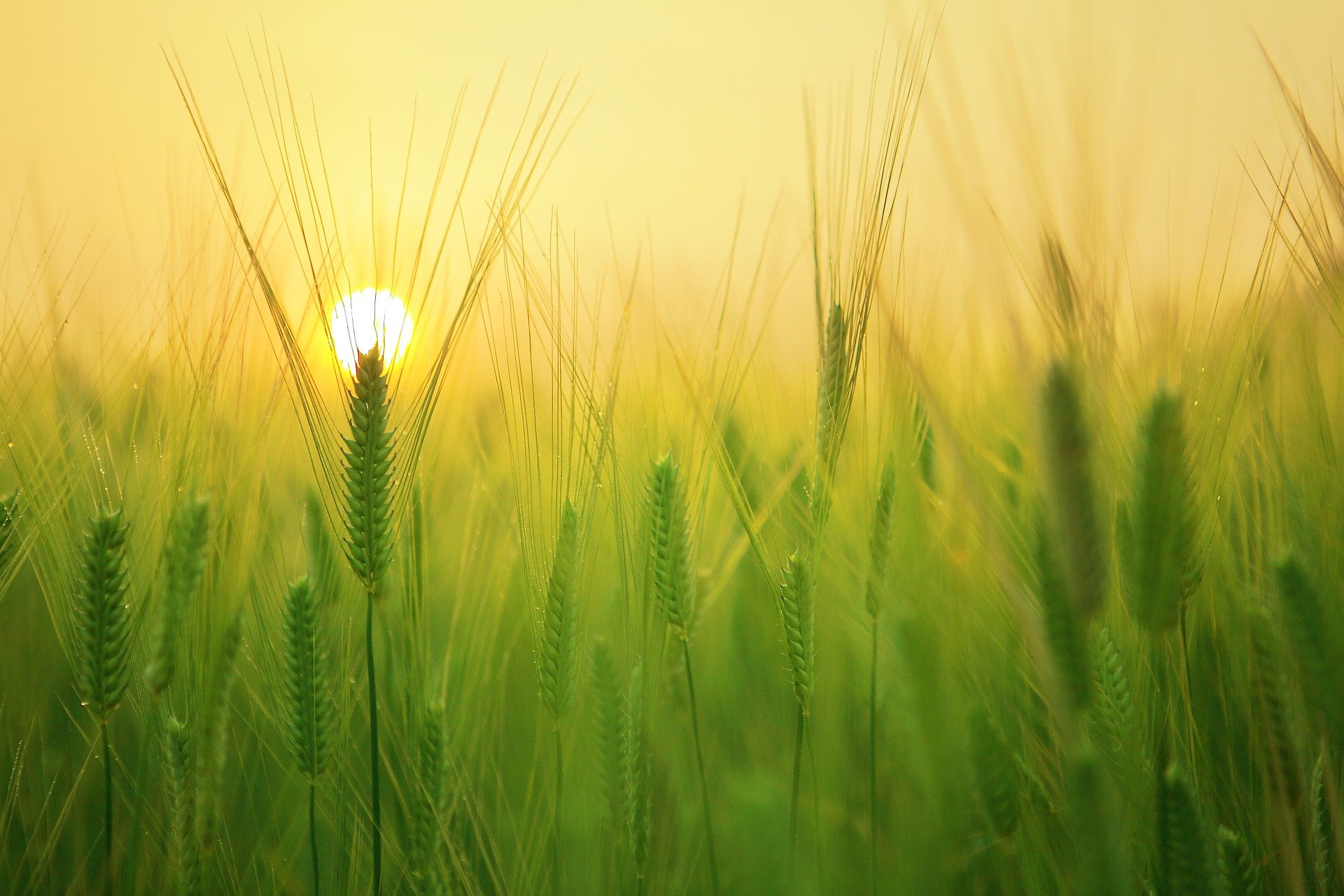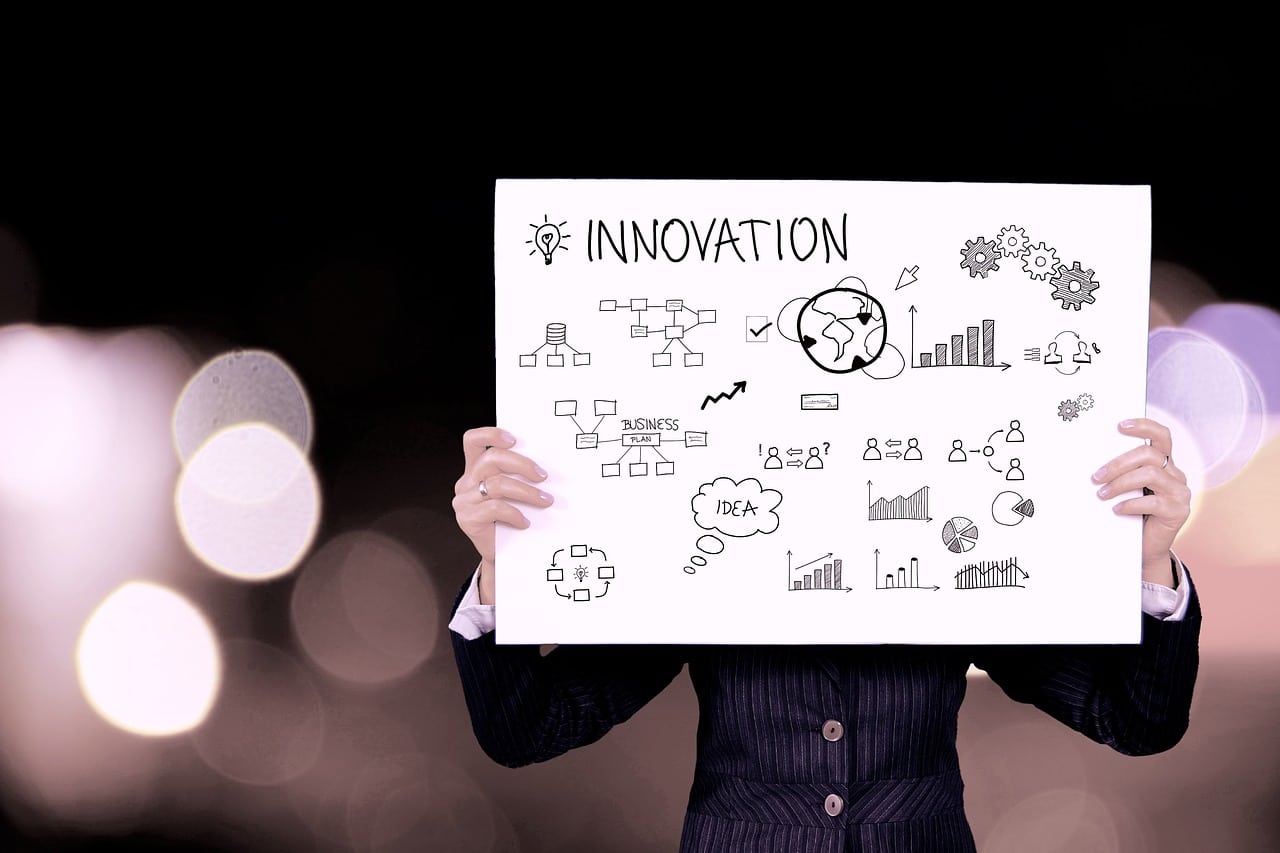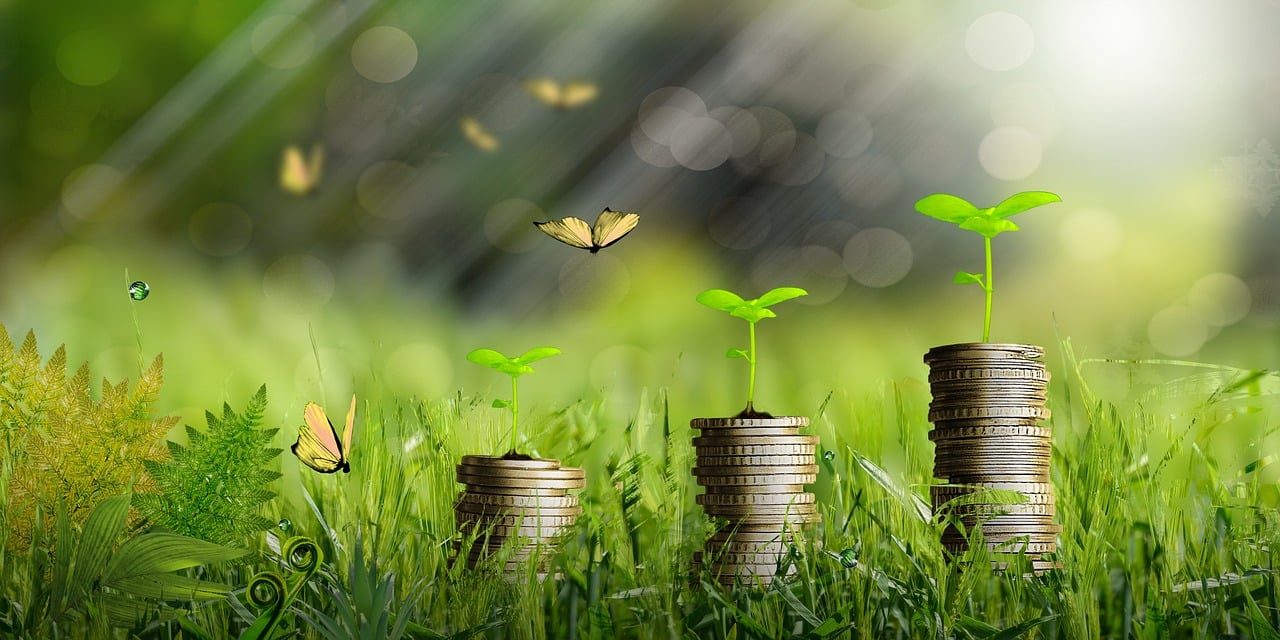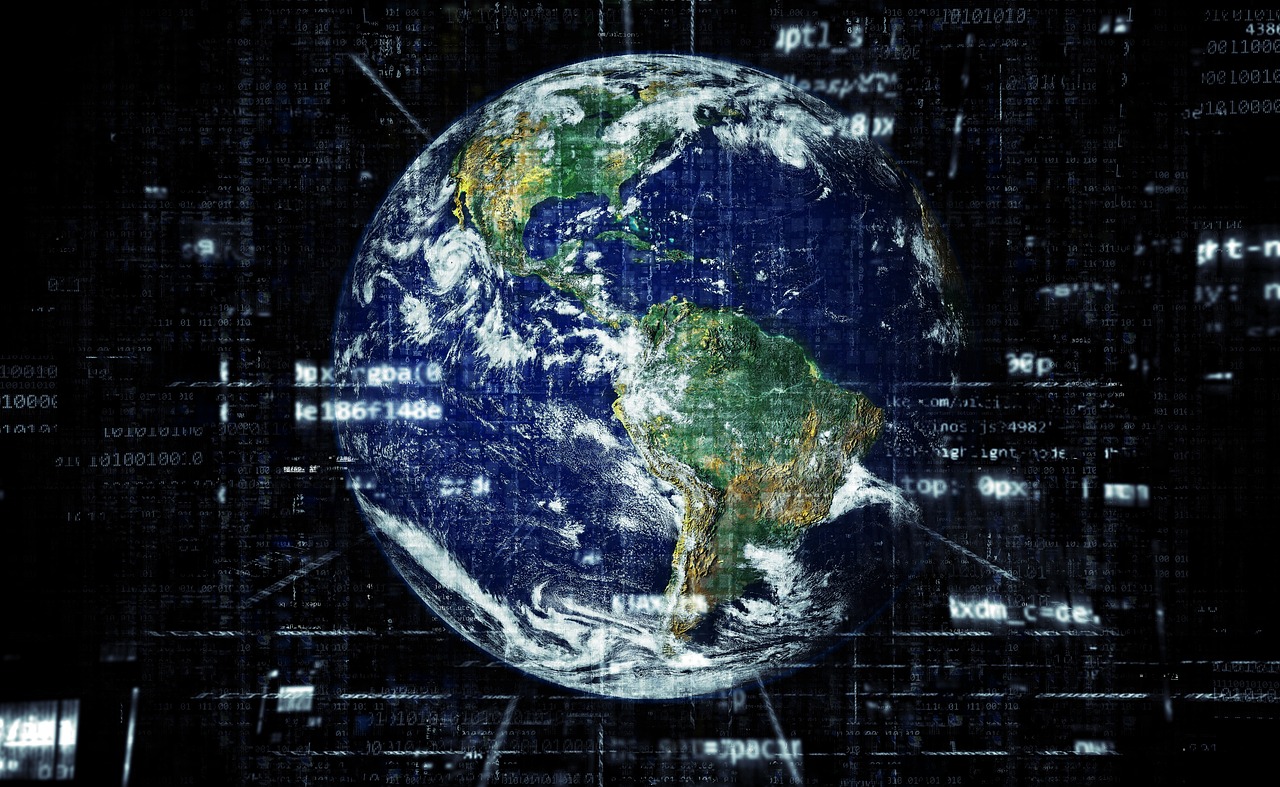
IoT in agriculture: sensors and technological innovation
Agriculture is one of the sectors that can benefit most, and is benefiting, from the use of IoT innovations, the internet of things. The IoT in fact provides for the connection of devices, tools and software aimed at optimizing processes and, consequently, consumption and revenues. The agricultural field therefore lends itself perfectly to the integration of this type of solutions, especially in a period like the one we are facing, in which cost containment is becoming a necessity.
IoT and agriculture
How can the IoT be integrated in the agricultural field?
A fundamental role when it comes to the internet of things is played by sensors. A sensor is a device that allows you to measure certain parameters and communicate them to a management system. In agriculture there are many factors that it is useful to keep under control to better manage huge plots of land: think of the temperature, humidity, the amount of heat absorbed by the soil, the minerality of the earth, the presence of parasites and so on, up to extremely advanced chemical analyzes.
It is immediate to understand how having an almost real-time overview of all these parameters can greatly help those who carry out this work. A simple example: thanks to the IoT in agriculture it is possible to constantly monitor the level of humidity in the soil and activate irrigation only when necessary, allowing the optimal conditions for the different types of crops and at the same time significantly reducing the waste of water. But the IoT also allows more complex analyzes: monitoring the chemical composition and changes in the characteristics of the soil allows you to use ad hoc fertilizers with respect to the specific conditions of your fields, in such a way as to optimize crops and production.
Agriculture 4.0
The use of devices, software and sensors therefore opens the doors to what is called Agriculture 4.0, a sector that combines traditional agricultural methods with technological innovations.
These innovations fall within the field of green technology, in fact they allow farms to improve their impact on the territory in terms of eco-sustainability and to safeguard the planet, issues that are increasingly being taken into consideration day after day.
The transition from agriculture to agriculture 4.0 is therefore part of the ecological transition that should progressively involve all sectors, it is primarily consumers who prefer to purchase products that pass through sustainable supply chains and push towards this transition.
Technology therefore allows a strong turnaround, in favor of product quality: agriculture had in fact taken a direction in which chemical components played an important role, however significantly impacting the quality of what we put on our tables. For this reason, especially in recent years, a considerable sensitivity towards organic companies and products has arisen, which has led to a preference for companies that had not accepted the chemical compromise. Green technology and IoT, on the other hand, will allow us to go back to basics, proposing solutions to the problems of those who work in the agricultural field that arise from total control of the characteristics of their land, and not from the use of products that alter the composition of food. It is therefore an extremely important evolution in this sector.
If you want to know the PC Cube IoT solutions, you can click here.








